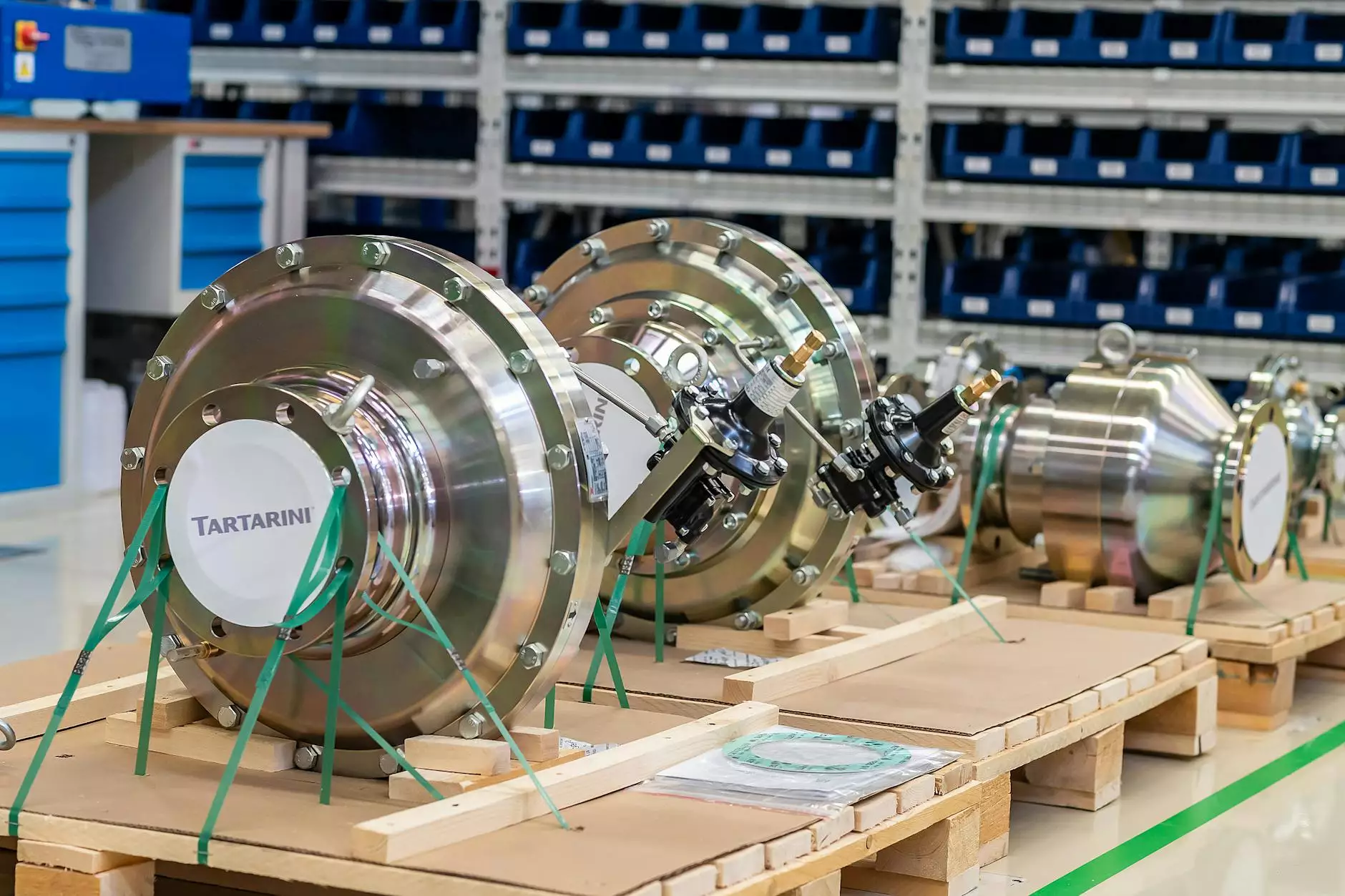The Thriving World of Slot Machine Businesses

In recent years, the slot machine industry has experienced significant growth, becoming a central pillar of the global gaming sector. From their humble beginnings in the late 19th century to their current high-tech iterations, the evolution of slot machines provides a fascinating insight into consumer preferences and technological innovations. This article delves into the intricate world of slot machine businesses, discussing their operation, profitability, and future trends.
History of Slot Machines
The concept of slot machines dates back to 1895 when Charles Fey invented the first mechanical slot machine, called the Liberty Bell. This simple device featured three spinning reels and a series of symbols that players would hope to line up for a win. The liberty bell symbol was the most valuable, leading to the game's name and providing a glimpse into what would become a multi-billion dollar industry.
The Evolution of Technology
As technology progressed, so did slot machines. The introduction of electronic slots in the 1960s transformed the gaming experience, allowing for new types of gameplay, graphics, and sounds. The introduction of video slots in the 1970s further revolutionized the industry, paving the way for digital and online gaming platforms. Today, with advancements in random number generator (RNG) technology, players can enjoy endless variations of slot games, each offering unique themes, features, and payout structures.
Understanding Slot Machine Operations
Operating a successful slot machine business requires an in-depth understanding of the gaming mechanics and player behavior. Here are some critical aspects to consider:
1. Machine Design and Theme
The design and theme of a slot machine can significantly influence its popularity. Successful machines often feature:
- Engaging themes - From classic fruit symbols to popular movies and TV shows, themes draw players in.
- Visually appealing graphics - High-quality graphics enhance player experience.
- Interactive features - Bonus rounds and free spins create excitement and encourage longer playtime.
2. Return to Player (RTP) and House Edge
Understanding the Return to Player (RTP) percentage is essential for both operators and players. The RTP is the percentage of total wagered money that a slot machine pays back to players over time. For instance, a machine with a 95% RTP will return $95 for every $100 wagered. The house edge, the casino's advantage, is inversely related to the RTP.
3. Regulatory Considerations
Operating a slot machine requires compliance with local and national regulations. Licensing, machine inspections, and adherence to fair gaming practices are crucial for maintaining player trust and avoiding legal issues. Each jurisdiction has different rules, making it essential for operators to stay informed of regulations pertinent to their locations.
Choosing the Right Location
When establishing a slot machine business, selecting the right location can significantly impact success. Here are factors to consider:
A. Demographics
Understanding the demographics of your chosen location is crucial. Factors such as age, income level, and gaming preferences should guide your decision. Younger audiences might prefer more modern themes and gameplay, while older demographics may lean towards classic games.
B. Competition
Analyzing the competition in the area is key. A location with few existing gaming establishments can provide a good opportunity, while a saturated market might require unique offerings or promotions to attract players.
Marketing Strategies for Slot Machine Businesses
To successfully grow a slot machine business, effective marketing strategies are essential. Here are several approaches that can boost visibility and attract players:
1. Promotions and Bonuses
Utilizing promotions such as free spins, welcome bonuses, and loyalty programs can significantly enhance player engagement. These incentives not only attract new players but also keep existing ones returning.
2. Social Media Engagement
Leverage social media platforms to reach a broader audience. Regularly posting updates about new games, promotions, and engaging with the community can strengthen the business's online presence.
3. Collaborations with Influencers
Partnering with gaming influencers can help promote your slot machine business to their followers. This strategy can create excitement and attract a younger, tech-savvy audience.
Emerging Trends in Slot Machine Businesses
The gaming industry is constantly evolving, and staying ahead of trends can provide a competitive advantage in the slot machine market. Here are some emerging trends:
A. Mobile Gaming
The rise of mobile technology has transformed how players engage with slot machines. Mobile-friendly platforms and applications are becoming essential, allowing players to enjoy gaming from anywhere.
B. Gamification
Incorporating gamification elements—such as achievements, leaderboards, and challenges—can enhance player engagement. This approach encourages players to return for more than just the chance to win money.
C. Integration of Virtual Reality
Virtual reality (VR) is poised to revolutionize the gaming experience, offering immersive environments that make playing slot machines more engaging than ever. While still in the early stages, businesses should keep an eye on this technological advancement.
Building a Loyal Customer Base
Creating a loyal customer base is crucial for the success of any slot machine business. Here are some effective ways to build loyalty:
1. Customer Experience
Providing a superior customer experience is essential. From friendly staff to a clean and inviting environment, everything matters in creating a positive atmosphere that encourages players to return.
2. Feedback and Adaptation
Regularly seeking feedback from players can help identify areas of improvement. Adaptation to player preferences can significantly enhance satisfaction and retention rates.
3. Community Building
Establishing a sense of community among players fosters loyalty. Hosting events, tournaments, and special gatherings can encourage players to engage with each other and your brand.
The Future of Slot Machine Businesses
The future of slot machine businesses looks promising, bolstered by technological innovations and changing consumer preferences. Key aspects that will shape this future include:
A. Enhanced User Experience
As technology evolves, the user experience will continue to improve. Expect more advanced graphics, interactive features, and personalized gameplay options tailored to individual players.
B. Online and Offline Integration
With the ongoing fusion of online and offline gaming experiences, businesses that offer seamless transitions between physical and virtual play are likely to gain a competitive edge. Players crave flexibility, and catering to this desire will be critical.
C. Sustainable Practices
As consumers become increasingly conscious of environmental and social issues, sustainable practices will become more prevalent in the industry. Local communities prefer to support businesses that prioritize ethical operations and community engagement.
Conclusion
In conclusion, the slot machine business is a dynamic and profitable industry that requires a deep understanding of technology, customer preferences, and market trends. By focusing on the essential aspects covered in this article, operators can build successful businesses that meet the demands of today's players while positioning themselves for future growth. Embracing innovation, prioritizing user experience, and adapting to market changes will ultimately lead to long-lasting success in this exciting field.









